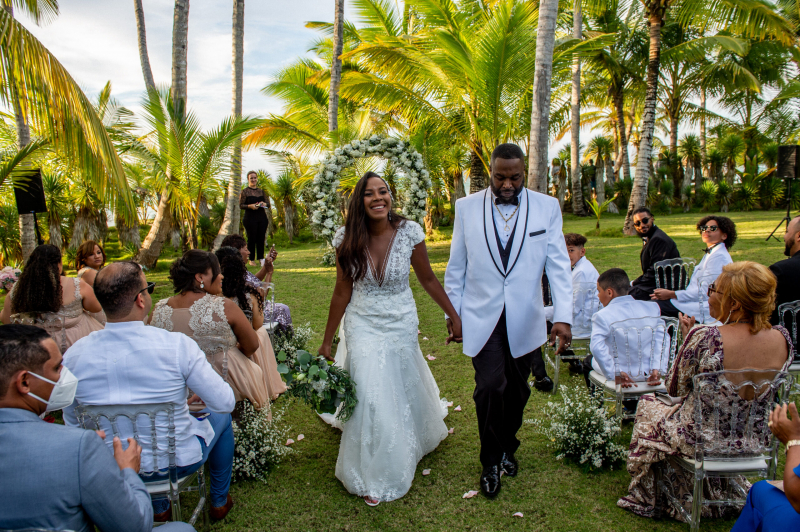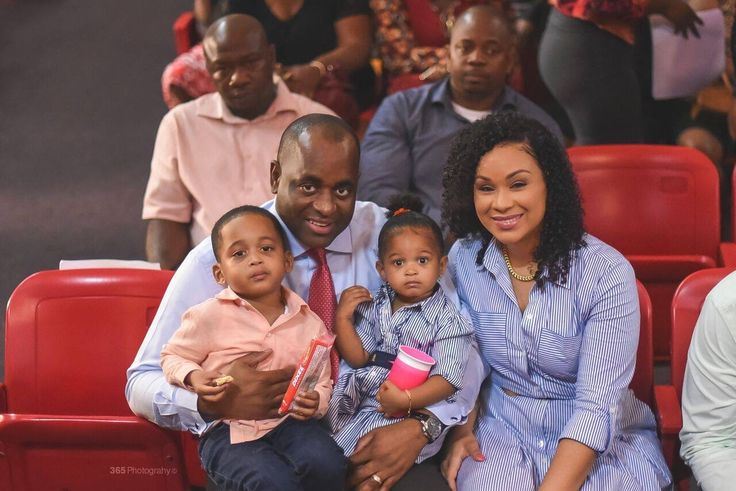Marriage, Family, and Kinship
Marriage: The law allows only monogamous marriages. Marriage is based on personal preference, though it is generally limited by social class and religion. Despite church opposition, many young people have children, often with multiple partners, and may cohabit for years before legally marrying. Regardless of their relationship with the mother, men are expected to contribute financially to their children's upbringing. Except in the upper classes, marriage usually occurs after the age of thirty. Divorce is legal, but it is uncommon and frowned upon.
The domestic unit: A man or a woman can lead the household. Households can be made up of one person, a woman and her children (who may be visited by her boyfriend), a nuclear family with either married or cohabiting parents, or an extended household with several generations. Several families may have separate homes but share a common piece of land or yard with an outdoor kitchen or other resources.
Inheritance: The predominant inheritance practice is "family land," in which a parcel of land is owned jointly by descendants of the original owner, either male or female. Use of the land is determined by consensus or family tradition. Oral agreements frequently lead to disputes, but no part may be sold unless all co-owners agree.
Kin Groups: Kin groups extend beyond the household to include those related through blood lines, marriage, and friendship both within and outside the village; Dominicans frequently say that everyone on the island is related. Financial and material resources are often shared, and child fostering is common. Many households depend on money sent from relatives who have migrated overseas.








